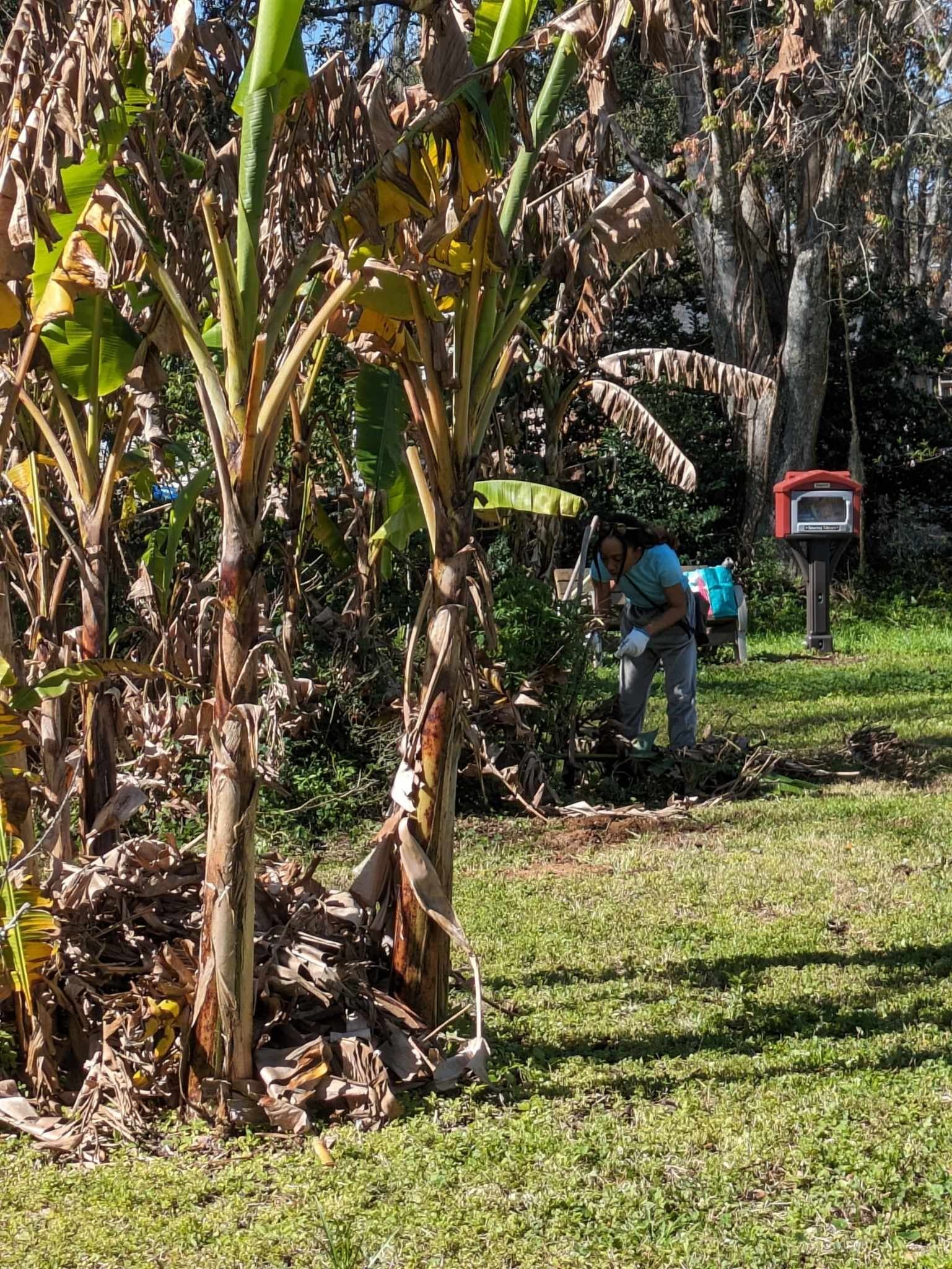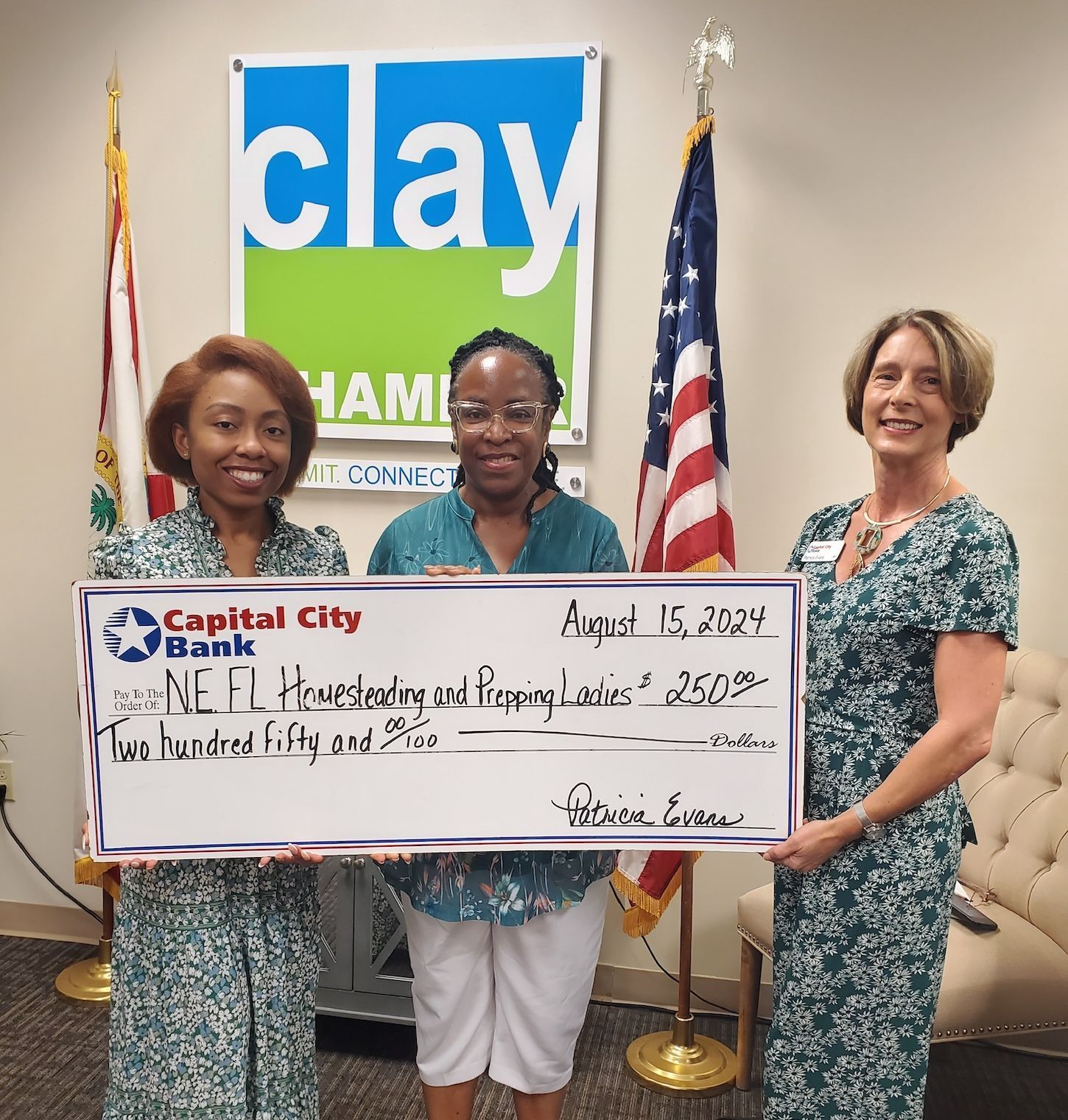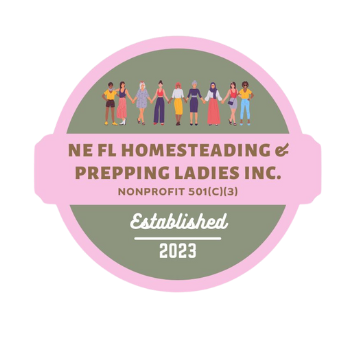Beat The Bugs - Mastering Crop Rotation

Hey there, fellow homesteaders! Spring is in full swing, and with it comes the joy of planting a bountiful garden. But before you get too excited and sow those seeds, take a moment to consider crop rotation. It might sound fancy, but it's a simple yet powerful strategy to keep your garden thriving year after year.
Why Rotate? Imagine a delicious tomato devoured by hungry pests that just feasted on your peppers last year. Nasty, right? Crop rotation disrupts these pest cycles. By planting different plant families (like tomatoes and peppers) in different locations each season, you make it harder for pests and diseases to find a comfortable home in your garden.
When to Rotate: The best time to rotate crops is before planting. Ideally, aim to rotate every 3-4 years. Here's a seasonal approach:
Fall Planting: If you're prepping a fall vegetable garden, rotate after harvesting your summer crops. This gives the soil a chance to rest and replenish nutrients before the new season.
Spring Planting: For spring or summer gardens, plan your rotations beforehand. Consider what was planted in the previous growing seasons and rotate accordingly.
Small Space Solutions: Don't have a massive garden? No worries! Even small rotations can benefit your soil. Plant cover crops like clover or ryegrass between planting seasons. These nitrogen-fixing powerhouses suppress weeds and improve soil health, setting the stage for future harvests.
Remember, healthy soil is key to a thriving and resilient garden. Regularly add compost or aged manure to keep your soil rich in nutrients. By mastering crop rotation and nurturing your soil, you'll outsmart pests, boost your harvest, and create a self-sufficient homesteading haven!
Blog/In The News

On Tuesday, April 8th, our founder and president, Anna Barbary, had the honor of being a guest speaker at the Rotary Club of Orange Park Sunset. This was a meaningful opportunity to introduce more people to the mission, history, and goals of the Northeast Florida Homesteading and Prepping Ladies, and to spread awareness about the exciting initiatives we have coming up. Anna was joined by our dedicated Secretary and Treasurer, making the evening even more memorable. Together, they shared our nonprofit’s vision of empowering women through community-building, preparedness education, and self-reliance skills. From growing your own food to being ready for anything life throws your way, the message of resilience and local connection was warmly received. We’d like to extend a heartfelt thank you to Rotary Club President Jeremiah Aut and all the members for the warm welcome and the opportunity to speak. The support and genuine interest shown by this inspiring group of community leaders meant a great deal to us. As a Rotarian herself, Anna always enjoys the chance to forge new Rotary friendships and strengthen bonds with those who are passionate about service and community impact. We are excited to continue building relationships across Northeast Florida and look forward to participating in more local events. Stay tuned for upcoming workshops, meetups, and ways to get involved with our mission! For event updates, resources, or to become a member of our growing community of like-minded women, be sure to explore our website and follow us on social media. Together, we grow stronger, smarter, and more prepared. For more information on the Rotary Club of Orange Park Sunset, click here: https://www.rcopsunset.org/

Our nonprofit has won its first grant! The Capital City Bank Group Foundation awarded Northeast Florida Homesteading and Prepping Ladies Inc. a grant of $250.00. The funds will go directly towards our pilot program, Jars of Change: Canning Together, Healing Forever. Please click here for more information: Empower Women | Homesteading Ladies Inc. ( neflhpl.org ) Our board members and advisory board members would like to thank Patricia Evans and the entire team at Capital City Bank for believing in our nonprofit. Together, we will forge a path towards a brighter and more self-reliant tomorrow.
